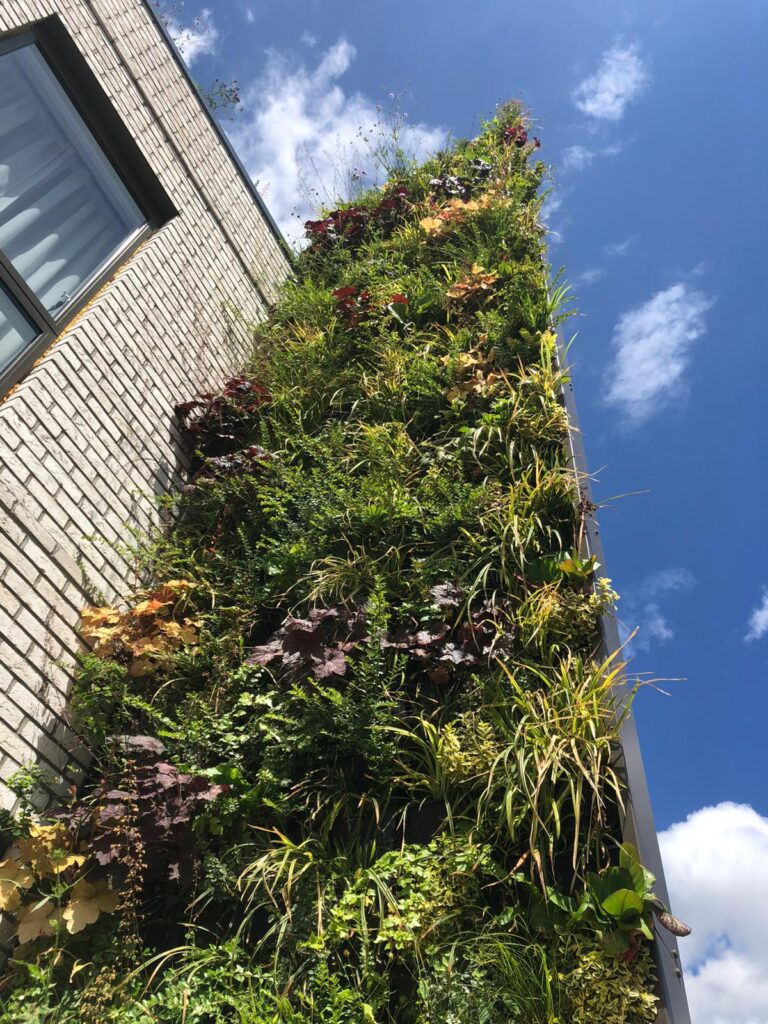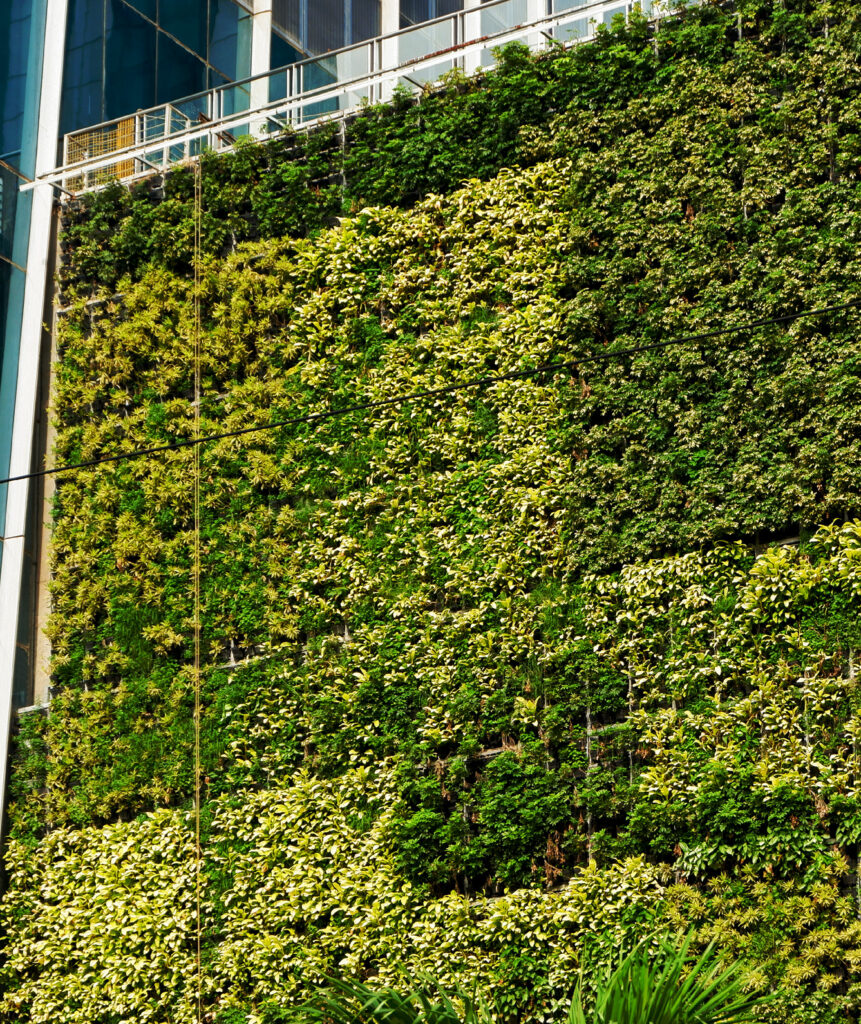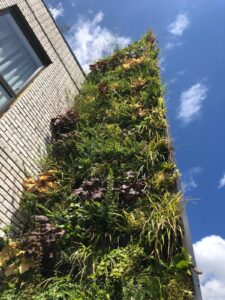The Importance of Looking After Pollinators in the UK
Introduction
Pollinators play a crucial role in the UK’s ecosystems, agricultural productivity, and biodiversity. From bees and butterflies to birds and bats, these vital creatures contribute to the reproduction of flowering plants, including many food crops. However, the decline of pollinator populations poses a significant threat to the environment and the economy. In this article, we will delve into the importance of safeguarding pollinators in the UK, examining the valuable contributions they make and the current challenges they face.
Ecological Significance
Pollinators are integral to maintaining healthy and diverse ecosystems. They facilitate the reproduction of over 80% of the world’s flowering plants, including many wildflowers, trees, and food crops. Within the UK, pollinators support the growth of various agricultural crops, such as apples, strawberries, and oilseed rape. Furthermore, they play a key role in sustaining natural habitats and the plants and animals that rely on them for survival.
Economic Impact
The value of pollinators to the UK’s economy cannot be overstated. According to a report by the University of Reading, pollinators contribute an estimated £690 million per year to UK agriculture through their role in crop pollination. Without their services, the cost of pollination would rise, impacting farmers and consumers alike, as food prices could increase due to reduced crop yields.
Challenges and Threats
Despite their importance, pollinators in the UK are facing numerous threats that are contributing to their decline. Habitat loss, caused by factors such as urbanization and agricultural intensification, is a major concern. Pesticides, climate change, and diseases also pose significant challenges to pollinator populations.
Call to Action
To preserve pollinators in the UK, concerted efforts are needed. Initiatives aimed at creating and restoring pollinator-friendly habitats, reducing pesticide use, and raising awareness about the importance of pollinators among the public and policymakers are crucial. Collaboration between government agencies, conservation organizations, farmers, and individuals can make a substantial difference in safeguarding the future of pollinators.
Conclusion
In conclusion, the conservation of pollinators in the UK is not only essential for the environment, but also for food security and economic stability. By recognizing and addressing the challenges facing pollinators, we can work towards ensuring the continued health and productivity of ecosystems and agricultural landscapes. It is imperative that we take action to look after the pollinators that are so vital to the UK’s well-being.
References:
Breeze, T. D., AP, B. A., & Potts, S. G. (2016). Pollinators and the economic value of pollination. ResearchGate.
University of Reading. (2018). Bees and other pollinators facing extinction. Retrieved from https://www.reading.ac.uk/news-and-events/releases/PR794120.aspx
Urban Earth. (n.d.). Bee Garden Design: A Haven for Our Pollinator Heroes. Retrieved from urban-earth.co.uk/bee-garden-design.




